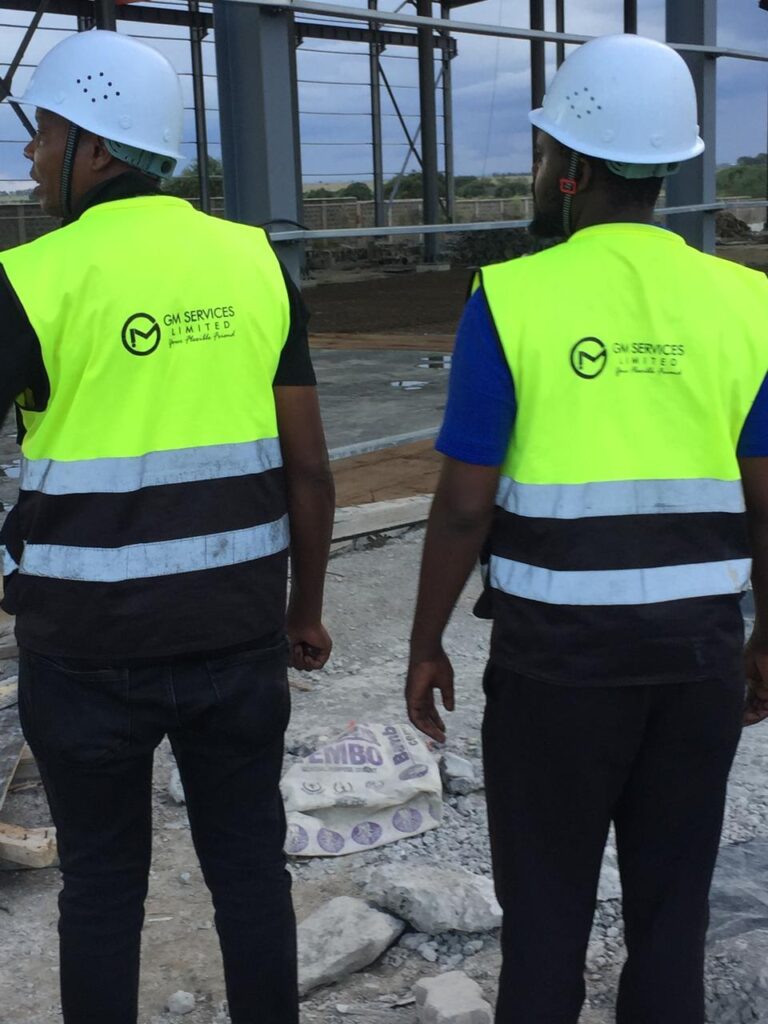Maintaining a pest-free environment in your home is vital not just for your comfort but also for your health. In Kenya, the warm and tropical climate creates a conducive environment for various pests, from termites and cockroaches to mosquitoes and bedbugs. Understanding how frequently you should fumigate your home can prevent infestations and protect your family from potential health risks.
In this article, we will explore the factors that determine how often fumigation should be done, offer insights into different pest types, and discuss preventative measures.
1. Introduction
Fumigation is a process where chemical or natural agents are used to eliminate pests such as insects, rodents, and mites. Regular fumigation ensures that pests do not take root in your home and cause damage or spread disease. In Kenya, factors like climate, pest types, and home environments determine how often fumigation is necessary.
With an increasing awareness of the need for pest control, homeowners must understand the optimal fumigation schedule to maintain a pest-free household.
2. Factors That Affect How Often You Should Fumigate
Several factors influence how often your home should be fumigated. The main determinants include your location, the type of pests in your area, the kind of property you own, and environmental conditions. Let’s delve into these factors.
Geographical Location
Kenya’s tropical climate, with alternating wet and dry seasons, creates an ideal breeding ground for pests. The rainy season often brings an uptick in pest activity, particularly mosquitoes, termites, and cockroaches. Therefore, homes in more humid regions, such as the coastal area or lakeside, may require more frequent fumigation compared to homes in drier areas.
Homes located in urban areas, especially Nairobi, may also face frequent infestations due to the dense population and proximity to unclean environments, which attract pests like cockroaches and rats.
Type of Pests
Different pests require different fumigation schedules. For instance:
- Cockroaches: These pests multiply quickly, especially in warm, moist environments. If you spot one cockroach, there’s a high likelihood that there are many more, as they thrive in groups.
- Termites: Termites may require fumigation every few years to prevent them from destroying wooden structures in your home. Since termite damage often goes unnoticed until it’s extensive, regular termite inspections and treatments are recommended.
- Mosquitoes: During the rainy season, fumigation should be conducted more frequently due to increased mosquito breeding in stagnant water.
- Bed Bugs: Bed bugs are difficult to eliminate completely and usually require fumigation every six months to a year if you live in high-density areas or travel frequently.
Property Type
The type of property you live in will also influence how often you should fumigate:
- Residential Homes: If you live in a standalone house, you have more control over pest prevention measures. Regular fumigation is necessary if you have a garden or open spaces that could attract pests.
- Apartments: In shared buildings, pest infestations can spread quickly between units, making it necessary to fumigate more often. Coordination with property management to ensure regular fumigation of the entire building is crucial.
- Commercial Properties: Businesses, particularly those dealing with food, need more frequent fumigation to prevent infestations that could harm operations or result in health violations.
Environment and Hygiene
Even the cleanest homes can become infested with pests, but maintaining a hygienic environment can reduce the need for frequent fumigation. Homes with poor waste disposal systems, proximity to unclean neighborhoods, or those surrounded by stagnant water will likely need more frequent treatments.
Good hygiene practices like proper storage of food, sealing cracks, and regular garbage disposal can minimize the recurrence of pests, thus reducing the need for fumigation.
3. Recommended Fumigation Frequency for Common Pests
Below is a general guide for fumigating your home based on common pests found in Kenya:
Cockroaches
Cockroaches are resilient and breed quickly. To keep them at bay, fumigation every 3-4 months is ideal. If you live in a densely populated area or near waste disposal sites, fumigation should be done more frequently.
Bed Bugs
Bed bugs are notoriously difficult to eliminate, and they can travel easily from one place to another. A home should be fumigated every 6 months if you have had an infestation before or if you live in an apartment where pests can easily migrate between units.
Termites
For termites, a fumigation treatment every 2-3 years is often recommended. However, termite inspections should be carried out at least once a year to catch any infestations early before extensive damage occurs.
Mosquitoes
Mosquitoes are a seasonal problem, especially during the rainy season. Fumigation every 3-6 months is recommended in areas where mosquitoes are prevalent, particularly in regions with a lot of stagnant water like Mombasa, Kisumu, or the Lake Victoria basin.
4. Signs That Indicate It’s Time for Fumigation
Sometimes, the best indicator for when to fumigate your home is the presence of pests. Below are some common signs that signal it’s time to call in a pest control professional:
- Visible Pests: Seeing even a few pests like cockroaches, ants, or bed bugs may indicate a larger infestation. Act quickly to prevent the problem from escalating.
- Droppings or Pest Remains: Finding droppings, shed skin, or dead insects is a sure sign that pests are present.
- Property Damage: Small holes in wooden structures, gnaw marks, or damaged food packaging are all signs of pests like termites or rodents.
- Strange Smells: Many pests, such as cockroaches, emit a musty odor that worsens as the infestation grows.
- Bites and Health Problems: Bed bugs and mosquitoes can leave bite marks, while some pests can trigger allergic reactions. If your family experiences unexplained bites or respiratory problems, a pest infestation could be the culprit.
5. Preventive Measures to Reduce Fumigation Frequency
While fumigation is necessary, there are preventive measures that can help reduce the frequency:
 Proper Waste Disposal
Proper Waste Disposal
Ensure that waste is properly sealed and disposed of regularly. Pests like cockroaches and rats are attracted to garbage, so keeping your home clean will minimize infestations.
Sealing Cracks and Entry Points
Pests can easily enter homes through cracks in walls, windows, and doors. Sealing these entry points can help keep pests out and reduce the need for fumigation.
Regular Maintenance and Cleaning
Clean and declutter your home regularly. Pests are often attracted to dark, cluttered areas, so keeping your living spaces tidy can help prevent them from settling in.
Seasonal Pest Control
In areas with high pest populations, especially during rainy seasons, consider regular pest control treatments to prevent infestations before they start.
6. Conclusion
In Kenya, the frequency of fumigation depends on factors like the types of pests, your location, and the state of your home. While some pests require more frequent fumigation, others, like termites, may only need treatment every few years. Regular inspections and preventive measures can help reduce the need for constant fumigation and keep your home safe from pests.
For professional guidance on how often your home should be fumigated, consult with pest control experts who can offer personalized advice based on your specific situation.
Maintaining a pest-free environment enhances not only your comfort but also your family’s health and safety.



